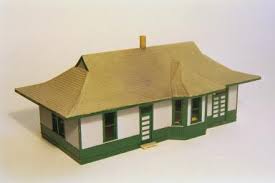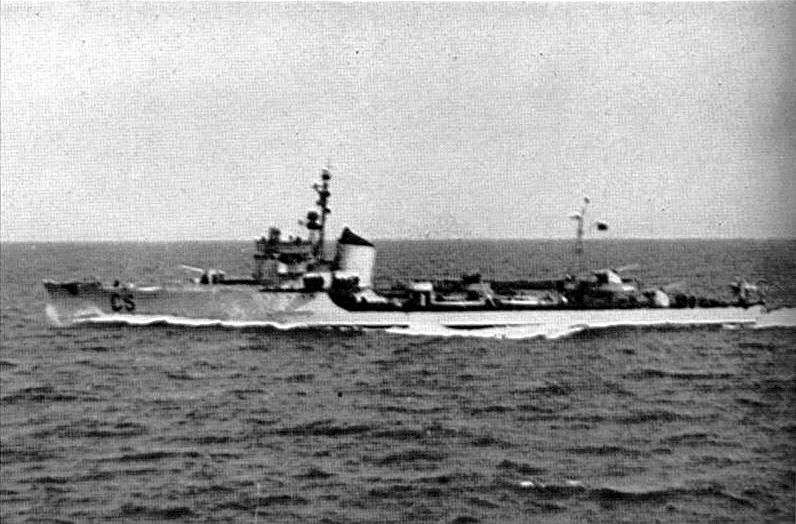The Spica class were a class of torpedo boats of the Regia Marina (Royal Italian Navy) during World War II. These ships were built as a result of a clause in the Washington Naval Treaty, which stated that ships with a tonnage of less than 600 tons could be built in unlimited numbers. Thirty-two ships were built in total, between 1934 and 1937, thirty of which entered service with Italy and two which were transferred to the Swedish Navy in 1940. Although commonly referred to as torpedo boats, the Spica class were similar in design to destroyer escorts (their design was influenced by the Maestrale-class destroyer then in development) and were intended for anti-submarine duties, although they often had to battle aircraft and surface forces as well. The two units in Swedish service were classed as jagare (destroyers) until 1953, when re-classified as fregatter (frigates).
Twenty-three units were lost during World War II.
The design work started in 1932 and two propotypes, Spica and Astore, were built. The hull was 80 metres (260 ft) long and displacement was around 720 tons standard rather than the 600 tons permitted by the Washington treaty. Propulsion consisted of a two shaft geared turbine layout with two Yarrow type boilers. The armament consisted of three 102 mm guns in single mountings in A, X and Y positions and eight twin 13.2mm Breda Model 35 antiaircraft machine guns, later replaced by four single 20mm cannons. They also carried four 450 mm torpedo tubes, which had a shorter range and a smaller warhead then the 533 mm ones then already in common use.
If you see errors or missing data in this entry, please feel free to log in and edit it. Anyone with a Gmail account can log in instantly.








